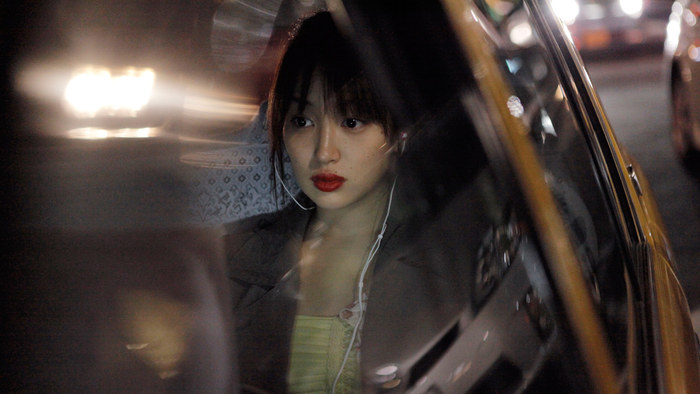Remembering Abbas Kiarostami
By Adam Cook
On July 4th, 2016, we lost who may have been our greatest working filmmaker. Out of all the directors to have emerged in the last thirty years, I’m not convinced that anyone challenged, expanded, and ennobled the medium of cinema to the extent that Iranian master Abbas Kiarostami did. With the compassion of Jean Renoir and Satyajit Ray, a care for the common man similar to Roberto Rossellini and De Sica, and a deconstructive understanding of cinema on par with Jean-Luc Godard (though internalized and expressed in disparate ways), Kiarostami nevertheless forged a style entirely his own. Blending documentary and fiction, he forever blurred the lines between them, which gave way to a new era of filmmaking that continues today. Preferring to hold in long takes, to let scenes and films unfold slowly and subtly, as well as to leave films, as he stated, “unfinished” so that the viewer themselves could complete them, Kiarostami’s cinema is one of generosity and tenderness.
His most famous film, 1990’s Close-Up, restages real events in which a man posed as the famous Iranian filmmaker Mohsen Makhmalbaf in order to gain the trust of a middle class family—a treatise on cinema itself, on lies and truth, and the poetry of being. His 1997 masterpiece Taste of Cherry, about a man who tries to find someone to help his commit suicide, won the coveted Palme d’Or at the Cannes Film Festival. His (unofficial) “Koker Trilogy” may in fact be the greatest trilogy in all of movies. Beginning with Where is the Friend’s Home? (1987), a film in the tradition of Truffaut’s The 400 Blows that follows the plight of a young boy trying to return his friend’s homework, and continuing through the astonishing Life, and Nothing More (1992) and Through the Olive Trees (1994), each subsequent film revisiting the other in a study of the relationship between art and life.
His last two films were made outside of Iran: Certified Copy (2010) which was set in Tuscany and starred Juliette Binoche, and what I think will stand as one of his most profound and enduring works, Like Someone in Love (2012), set in Japan. He also made incredible non-narrative works, such as Five (2003), a feature length piece which consists of five different long takes, including one of a beach, another of a seaside boardwalk, and perhaps my favourite shot in any film ever, one featuring a seemingly endless parade of ducks entering and exiting frame. He leaves behind a body of work that feels infinite, left for us to discover and rediscover all over again, perpetually “unfinished”, ready for us to complete, a new experience each time, complicating and clarifying our understanding of life and cinema.
We’ll be screening his last film at Vancity Theatre, Like Someone in Love, on August 18th at 6:30pm.
I have come along with the wind
on the first day of summer
The wind will carry me away
on the last day of autumn
– Abbas Kiarostami, Walking with the Wind
